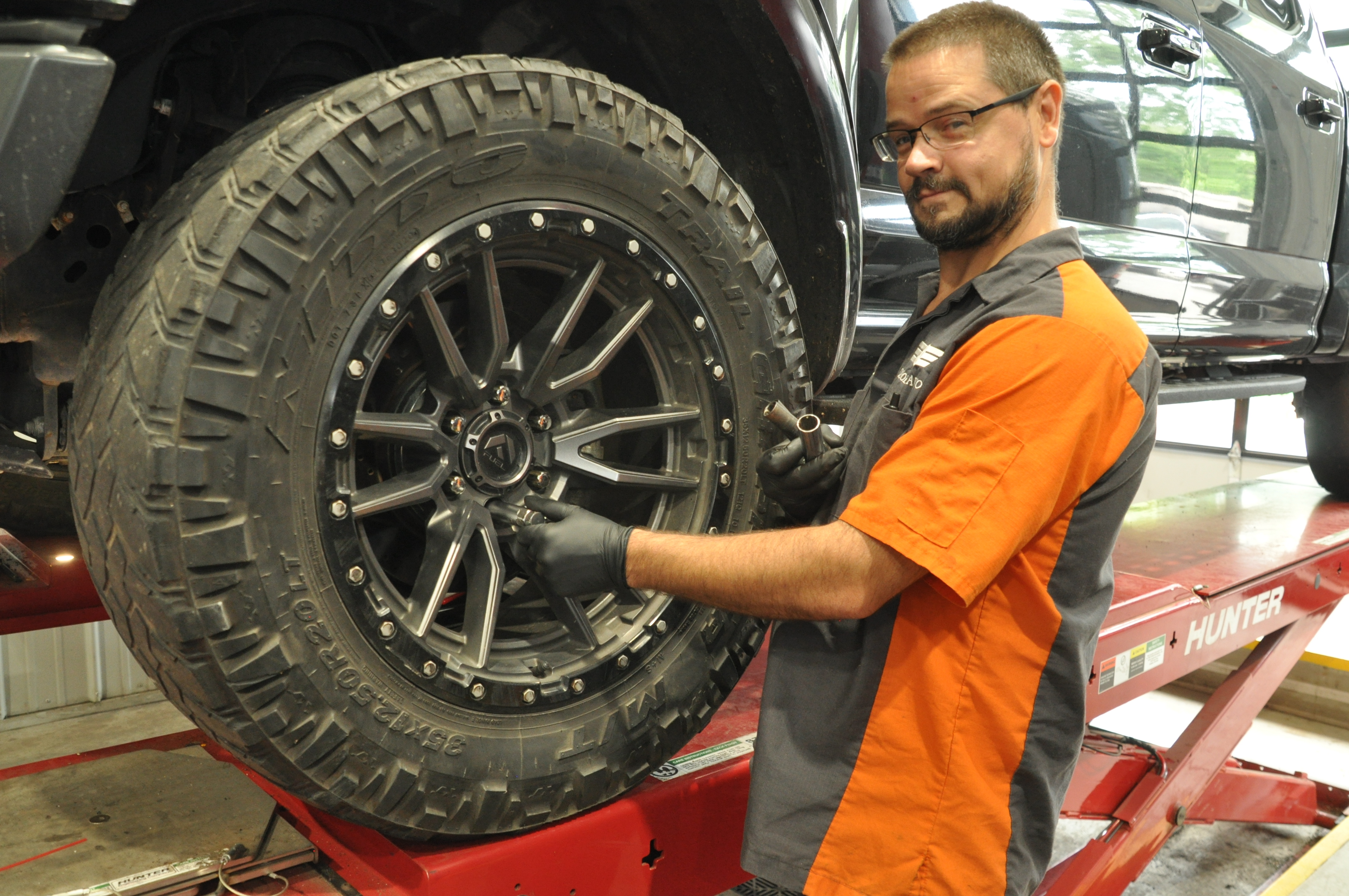In the world of auto repair, few things frustrate technicians more than wheel locks. As the owner of DeBoer's Auto, and being in business for 42 years, we’ve seen firsthand how these seemingly helpful devices can cause major headaches. Here are some of our thoughts on why wheel locks are a pet peeve for us and many others in the industry.
What Are Wheel Locks?
Wheel locks, or locking lug nuts, are special nuts that require a unique key to remove. They are typically installed to prevent wheel and tire theft, often as part of a tire and wheel insurance package. Dealers frequently add these locks to vehicles, especially when selling tire and wheel protection plans.
The Problem with Wheel Locks
Despite their intended purpose, wheel locks often become a source of frustration for both car owners and auto technicians. In our experience many customers are unaware that their vehicles are equipped with these locks, let alone where the key is stored. This becomes a significant issue when the vehicle needs servicing, as technicians cannot remove the wheels without the key.
For example, a customer brings their car in for routine maintenance or repairs, and the technician discovers the missing wheel lock key. This situation can turn a simple job into a complex and time-consuming process. Sometimes, the only solution is to forcefully remove the locks, which can damage the wheels and cost the customer more money.
Losing the Key
A major issue with wheel locks is that the keys often get lost or misplaced. This is particularly common when a car changes hands, such as when a used car is sold. The new owner may not even know that the vehicle has wheel locks or where the key is located. Without the key, removing the wheels becomes a much bigger challenge.
Wheel locks are often added during the sale process in the dealership's finance office. Customers are offered various packages, including tire and wheel protection, and wheel locks are typically part of these packages. However, it could be argued that this additional security measure is often unnecessary, especially in areas like ours where wheel theft is rare.
Practical Tips
We suggest checking if your vehicle has wheel locks and, if so, locating the key. It's a good idea to keep the key in a safe and easily accessible place, such as the glove compartment. We reccommend removing the wheel locks and replacing them with standard lug nuts. This can be done at the time of purchase or during a service appointment. Removing the locks eliminates the risk of losing the key and simplifies the process for future repairs.
 A Word of Caution
A Word of Caution
While wheel locks can provide an extra layer of security, they can also lead to unnecessary complications and costs. For our team at DeBoer's Auto, the inconvenience they cause often outweighs their benefits. The key takeaway is to be aware of whether your vehicle has wheel locks and to make an informed decision about keeping them.
For more helpful tips and expert advice, check out DeBoer's Auto at Autorepair.shop. Don't let a small piece of equipment turn into a big problem—be prepared and know your options when it comes to wheel locks.








